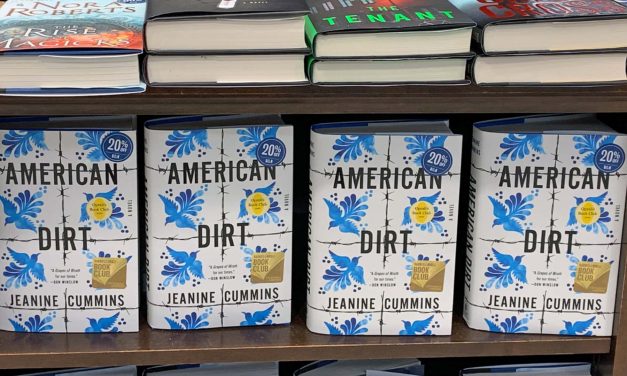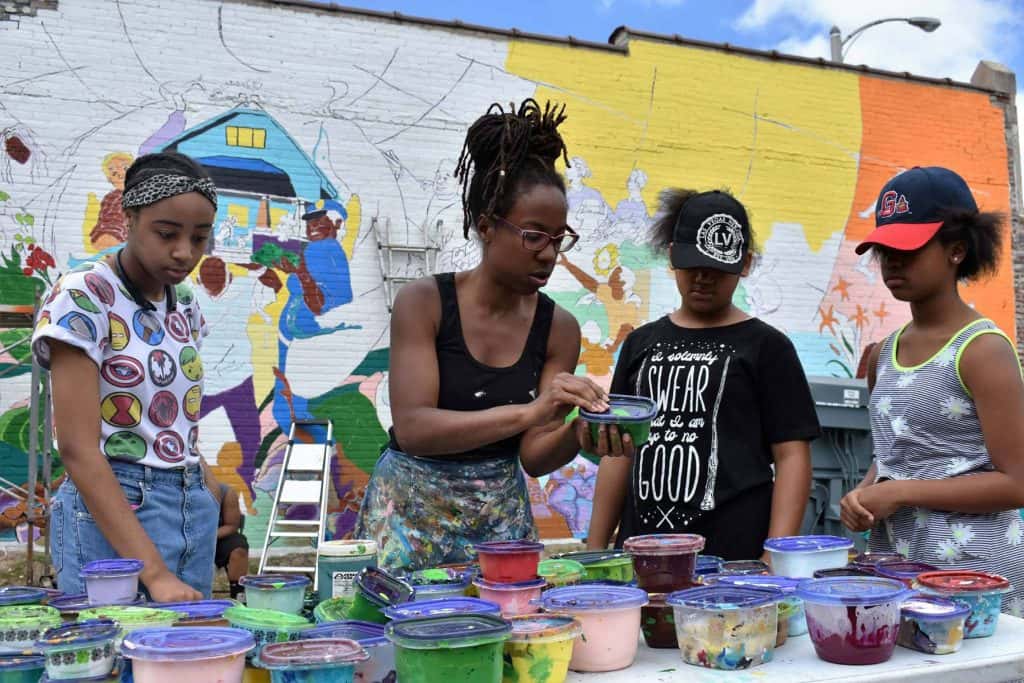From Ganges Delta to Wuhan: The stigma of naming diseases after their place of origin
By Mari Webel, Assistant Professor of History, University of Pittsburgh Stop calling the novel coronavirus outbreak the “Wuhan coronavirus,” and start getting comfortable with “COVID-19.” That is the World Health Organization’s recommended name for the disease. While identifying a new disease by its place of origin seems intuitive, history demonstrates that doing so can harm the people who live there. Consequences can include economic distress, as tourists withdraw, investment cools down and solidarities between people weaken. Linking a specific disease with a specific place can lead to discrimination and stigmatization and avoidance of a town or village. As a...
Read More















